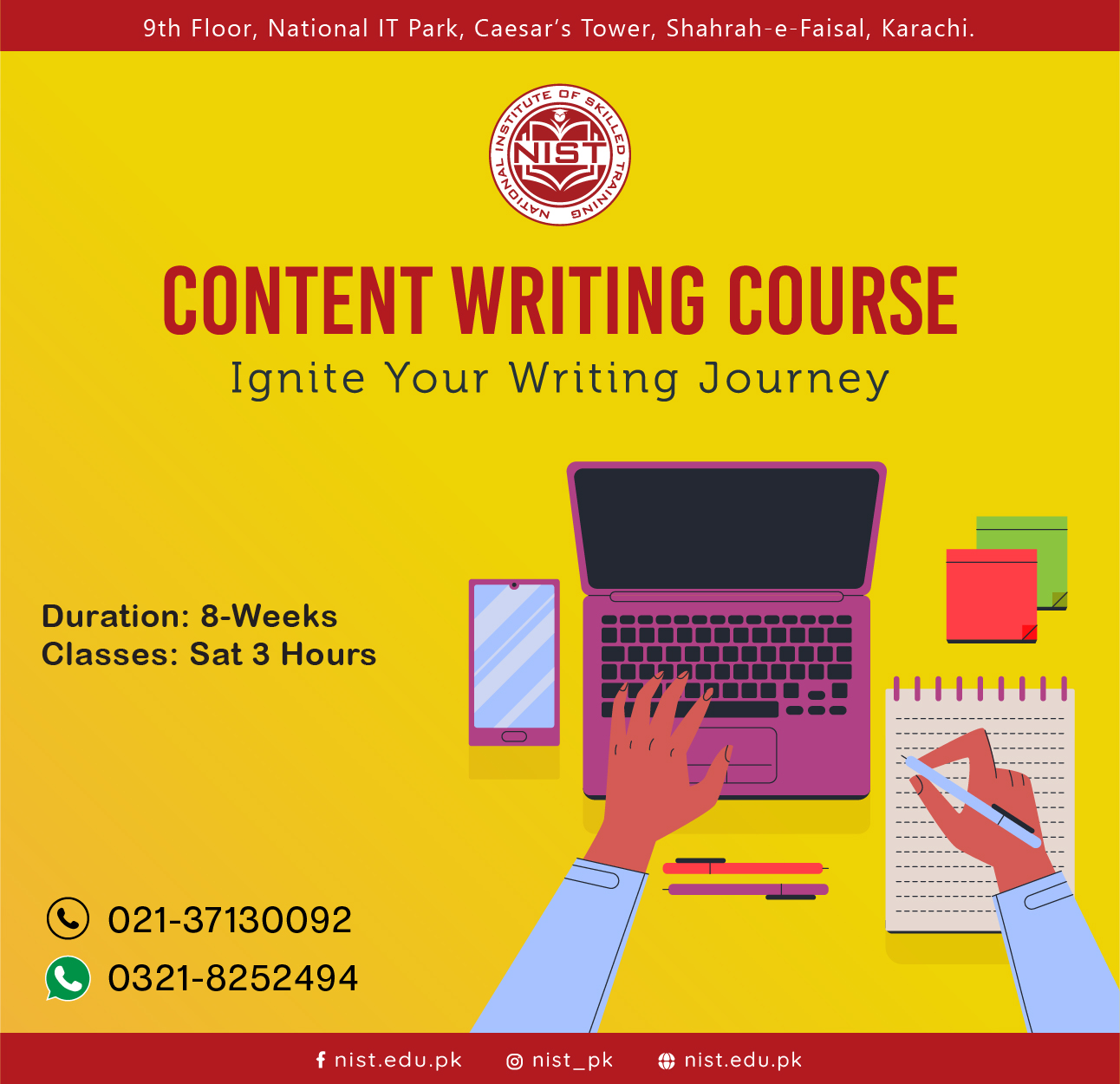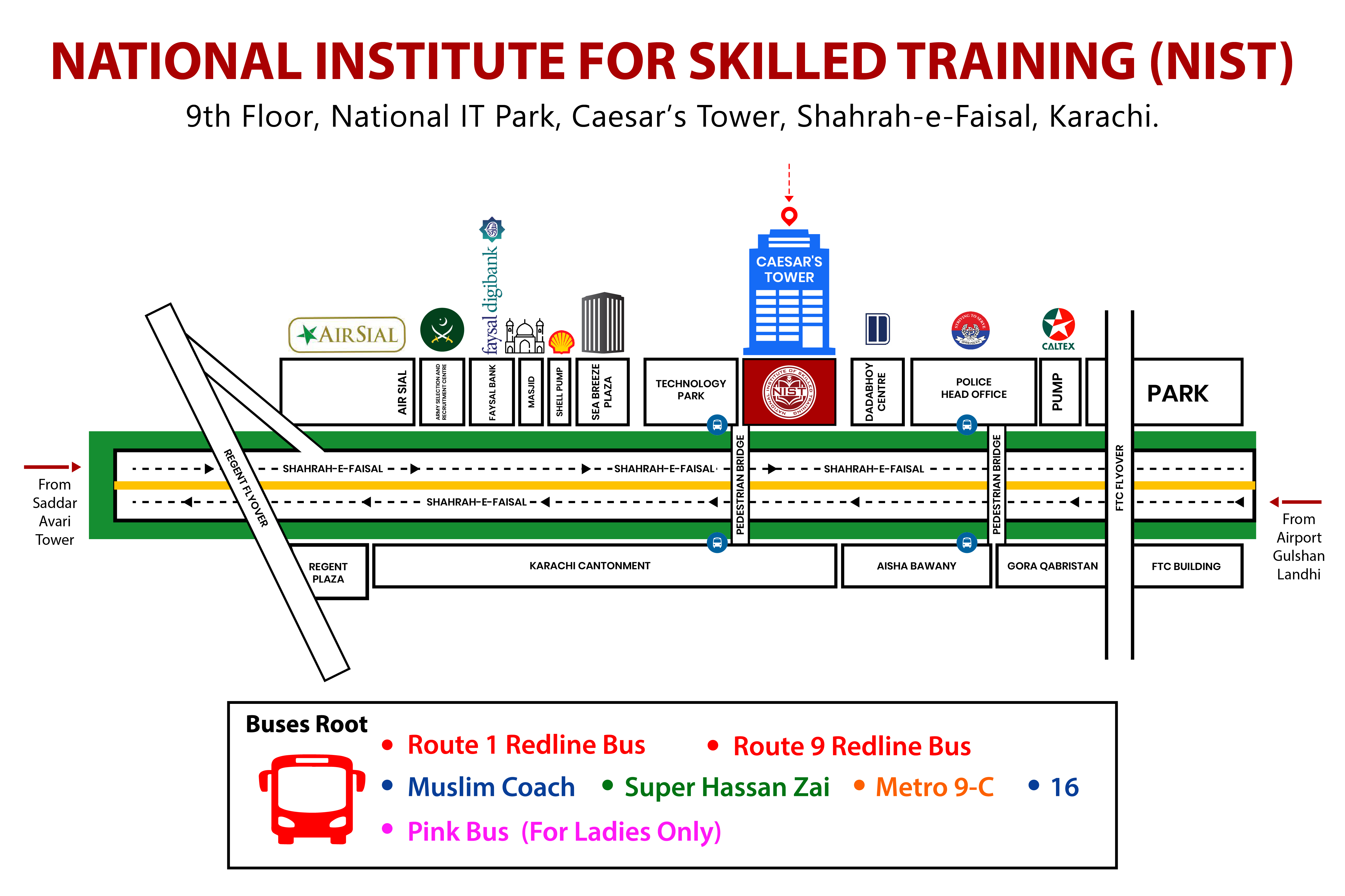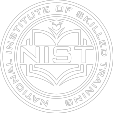Technical expertise is vital, but not adequate to succeed in the fast-paced world of IT. Soft skills are equally vital, helping IT professionals navigate the complexities of their roles, communicate effectively, and work collaboratively. This article explores some of the most essential soft skills every IT professional should develop and provides practical tips to enhance them. Communication Skills
Communication Skills
Effective communication is the cornerstone of success in IT. Whether you are explaining complex technical concepts to non-technical stakeholders or collaborating with team members, the ability to articulate your thoughts clearly and concisely is essential.
How to Develop It:
Practice Active Listening: Engage fully in conversations, ask clarifying questions, and reflect on what is being said before responding.
Simplify Technical Jargon: Learn to break down complex ideas into simple, relatable terms.
Seek Feedback: Regularly ask for feedback on your communication style and work on areas of improvement.
Problem Solving
Problem solving is at the heart of IT work. Whether it is troubleshooting a network issue, developing a new software feature, or finding ways to improve efficiency, being able to analyze problems and come up with effective solutions is crucial.
How to Develop It:
Enhance Analytical Thinking: Break down problems into smaller parts to understand them better.
Practice Creative Thinking: Explore multiple solutions to a problem before settling on the best one.
Learn from Mistakes: Reflect on past challenges and what you could have done differently.
Teamwork and Collaboration
IT projects often require collaboration with colleagues, departments, and even clients. Being a team player who can work well with others is a key ingredient for success.
How to Develop It:
Embrace Diversity: Recognize and value diverse viewpoints and their positive impact on the project.
Foster Open Communication: Encourage a culture where everyone feels comfortable sharing ideas and feedback.
Participate in Group Activities: Engage in team-based tasks or social events to build rapport and trust with colleagues.
Adaptability
The field of IT is constantly evolving, experiencing the introduction of innovative technologies and methodologies regularly. Adaptability is the ability to remain flexible and responsive in the face of change.
How to Develop It:
Stay Informed: Keep up-to-date with industry trends and emerging technologies.
Embrace Change: View changes as opportunities for growth rather than obstacles.
Learn Continuously: Be proactive in learning new skills and tools that can make you more versatile.
Time Management
Time management is critical in IT, where projects often have tight deadlines and numerous tasks that need to be completed simultaneously. Managing your time effectively ensures that you meet deadlines without compromising on quality.
How to Develop It:
Prioritize Tasks: Focus on the most important tasks first and delegate when necessary.
Use Tools: Utilize project management and time-tracking tools to keep your tasks organized.
Set Realistic Goals: Break larger projects into smaller tasks with clear, achievable milestones. Emotional Intelligence
Emotional Intelligence
Emotional intelligence (EQ) is the capacity to identify, comprehend, and regulate both your own emotions and those of others. High EQ is crucial for building strong relationships, handling stress, and leading teams effectively.
How to Develop It:
Practice Self-Awareness: Reflect on your emotional responses and understand their triggers.
Empathize with Others: Try to understand situations from others’ perspectives, especially in conflict.
Manage Stress: Develop healthy coping mechanisms, such as mindfulness or exercise, to handle pressure effectively.
Critical Thinking
Critical thinking involves analyzing and evaluating information to make informed decisions. In IT, where data-driven decision-making is vital, critical thinking helps in assessing situations and choosing the best course of action.
How to Develop It:
Question Assumptions: Do not take information at face value; dig deeper to understand the underlying issues.
Evaluate Evidence: Base your decisions on facts and data rather than assumptions or opinions.
Reflect on Decisions: After making decisions, reflect on the outcomes and consider what could be improved.
Creativity
Creativity in IT is not just about coming up with new ideas but also about finding innovative solutions to problems. It drives innovation and helps businesses stay ahead in a competitive market.
How to Develop It:
Encourage Brainstorming: Regularly participate in brainstorming sessions to generate new ideas.
Think Unconventionally: Challenge conventional thinking and explore unconventional solutions.
Engage in Creative Activities: Pursue hobbies or projects that stimulate your creative thinking. Conflict Resolution
Conflict Resolution
Conflicts are inevitable in any workplace, including IT. The ability to resolve conflicts effectively ensures that disagreements do not hinder progress and that team dynamics remain positive.
How to Develop It:
Stay Calm and Objective: Approach conflicts without letting emotions cloud your judgment.
Listen to All Sides: Ensure everyone involved in the conflict feels heard and understood.
Seek Win-Win Solutions: Focus on finding solutions that satisfy all parties involved rather than just winning the argument.
Leadership
Leadership is not just about managing a team; it is about inspiring and motivating others to achieve common goals. Even if you are not in a traditional leadership role, demonstrating leadership qualities can set you apart and advance your career.
How to Develop It::
Lead by Example: Set high standards for your own work and behavior.
Mentor Others: Offer guidance and support to colleagues or juniors to help them grow.
Take Initiative: Volunteer for leadership roles in projects or propose new ideas that benefit the team.
Building Soft Skills through Corporate Training
Attending corporate training is an effective way to enhance these essential soft skills. Institutions like the National Institute of Skilled Training (NIST) offer a variety of corporate training courses specifically focused on developing soft skills crucial for IT professionals. These courses are designed to help you hone your abilities, ensuring you remain competitive and adaptable in the ever-evolving IT landscape.
Conclusion
In today’s job market, soft skills are as crucial as technical expertise. While coding, systems management, and other technical abilities will get you in the door, your long-term success will be determined by your soft skills. By actively developing communication, problem solving, teamwork, adaptability, time management, emotional intelligence, critical thinking, creativity, conflict resolution, and leadership, you can enhance your effectiveness as an IT professional and position yourself for continuous growth in this dynamic field.



















